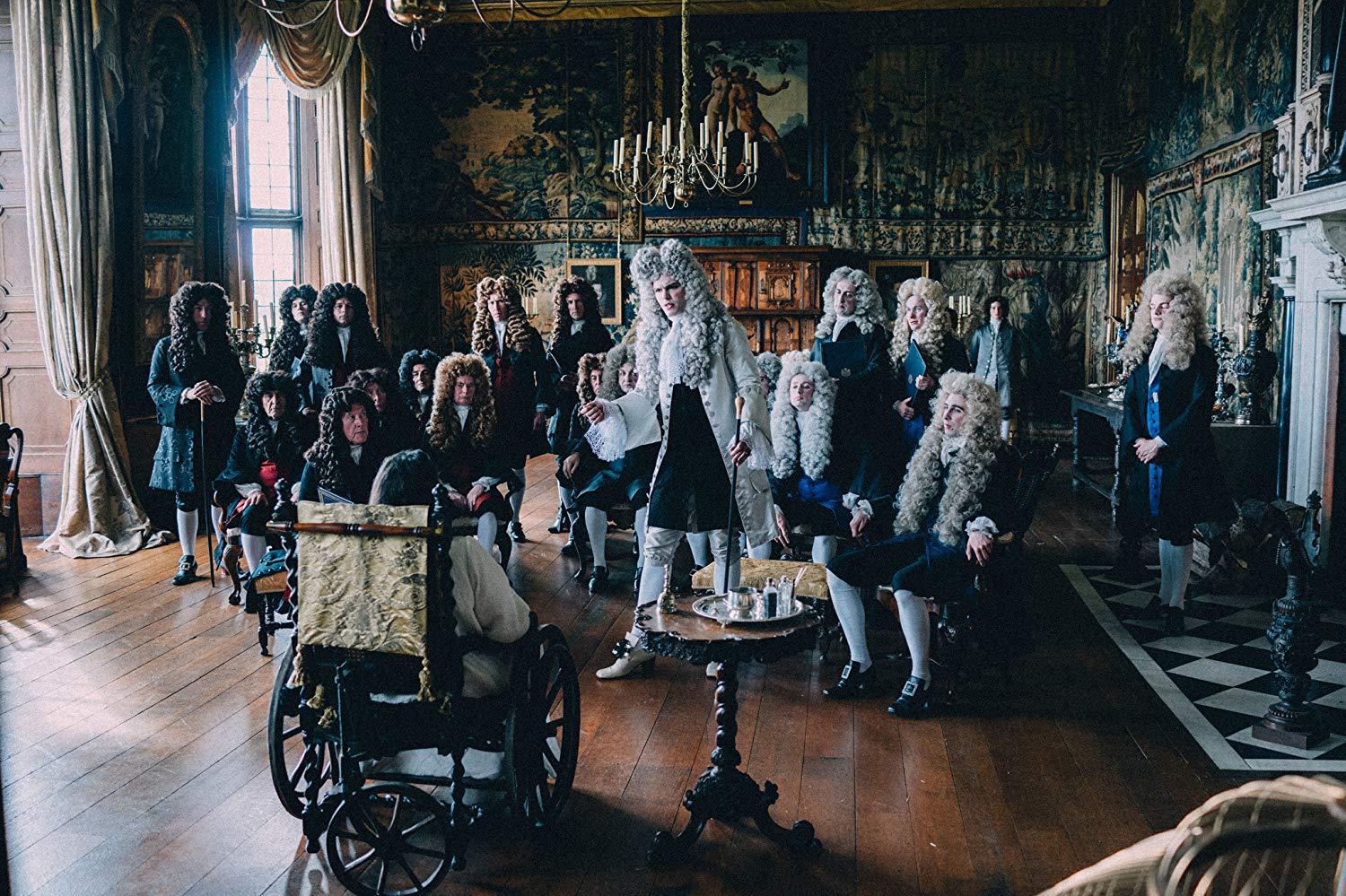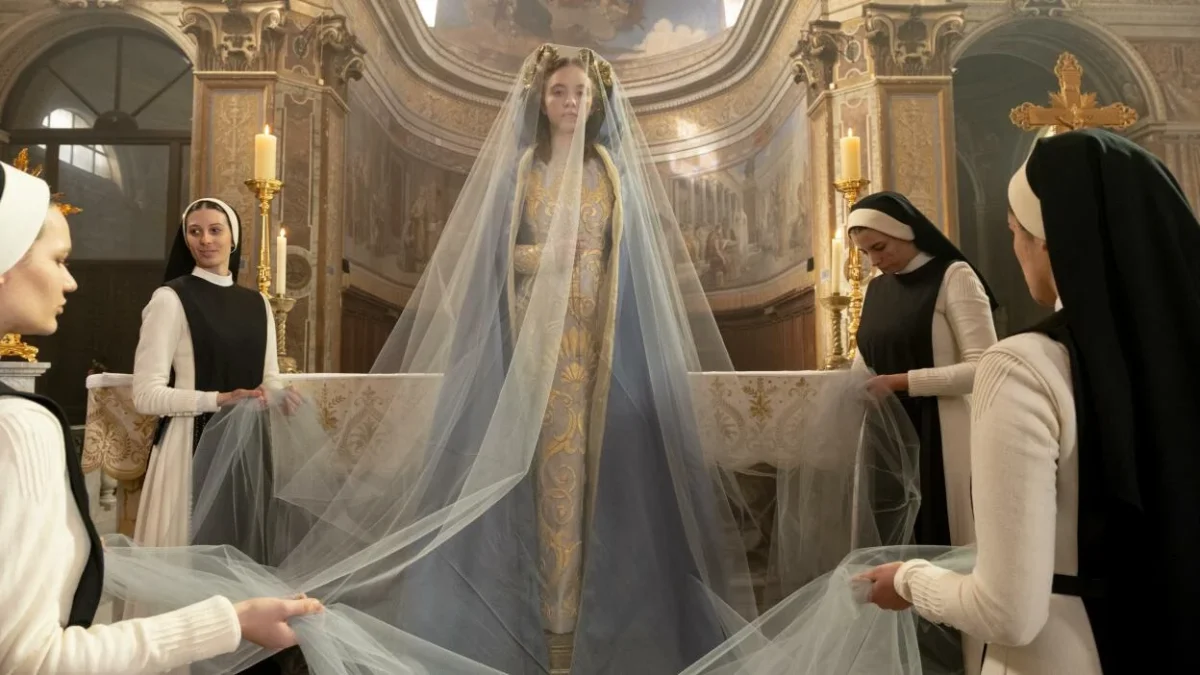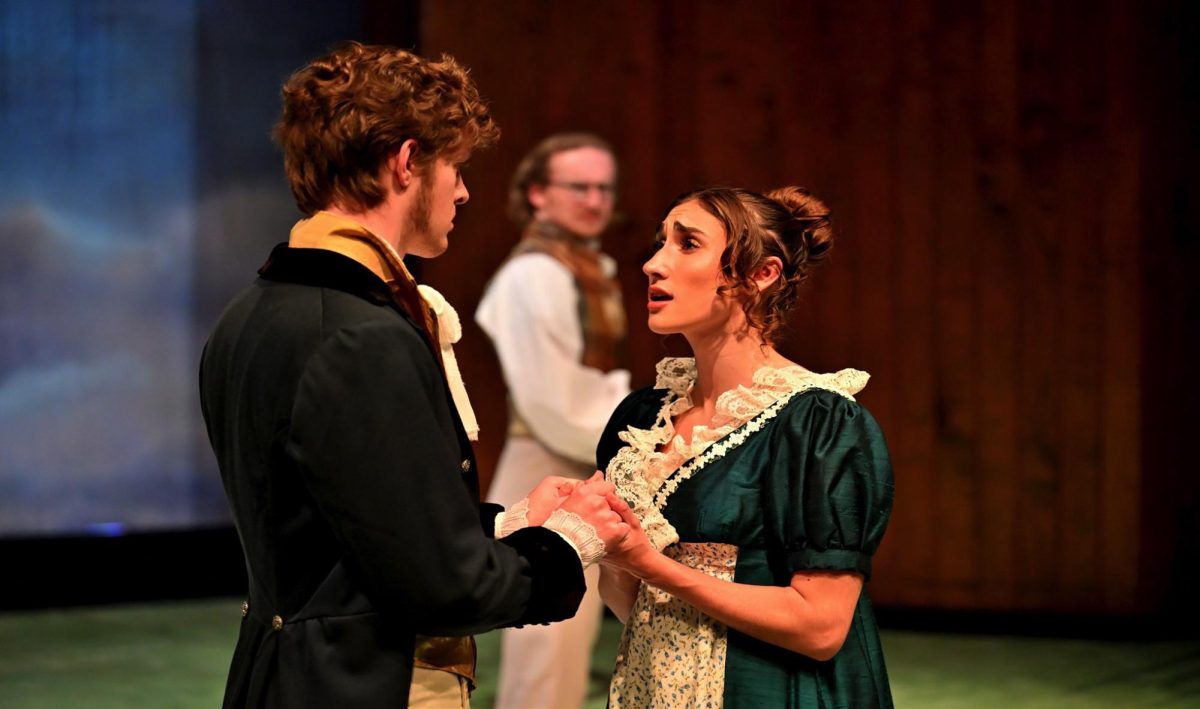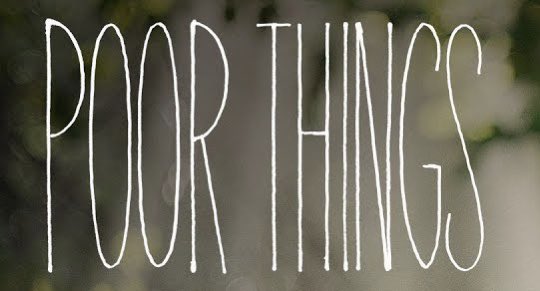One can picture King Lear dithering around the grounds, body and mind thinning into madness, control existing in the wispy tendrils of the fading monarch. He stomps around with cranky hopes of abdication, incensed by remnants of his ego and the saccharine stench frothing from the mouths of his children. As his spirit circles the drain, he gags on all the fumes.
Queen Anne (Olivia Colman), the centrifugal figure of The Favourite, resembles Shakespeare’s monarch in such a realistic sense that one can smell the foulness wafting towards them. Our scentless impressions of royalty rot away with the incessant indignities of 18th-century everydayness. The fact is, to be exquisitely revolting only heightens the flinch. Pretending nobody smells makes for the most sophisticated psychological torture — a knight of invisible endurance and painful smiles.
But the foulness doesn’t stop at the Queen. In fact it emanates into a world of petty, pointless men. Baffled by members of Parliament who, in their free time, pelt naked slobs with oranges and fiendishly race ducks in the royal drawing room, Queen Anne takes advice and company from Lady Sarah (Rachel Weisz).
The Favourite opens as Lady Sarah and Queen Anne prepare to meet foreign dignitaries, and when the Queen walks out with a bit of rouge misapplied and some mascara drag-raced across her temple, Lady Sarah remarks that she “looks like a badger” and must retire. Henceforth it is clear that Queen Anne is merely a titular head amongst those jonesing for power and influence. Soon, Abigail (Emma Stone) arrives, tossed from a carriage, where boredom and bumpiness urge the man staring across at her to primal pleasure and Abigail to hasty exit. She claims to be a now-destitute cousin of the Queen and begs for any menial role, which Lady Sarah grants her. But soon Abigail’s charm and homeopathic remedies for the Queen’s gout get her reassigned to Lady Sarah as her maid. What ensues is a power grab, moving influence from Lady Sarah to the self-dealing auspices of Abigail, a power grab that’s by-the-book only by the broadest definition, denying any overly serious melodrama in favor of wim and wit.
What makes The Favourite unique, aside from its pungent humanity, is Yorgos Lanthimos, whose only previous work I’d seen was The Lobster, a film that left me feeling like I was pecking at ice. Although cinematic asceticism can effectively tranquilize the outside mind, stripping excess and replacing it with film-specific density (think First Reformed), The Lobster felt cold and limp. And although Lanthimos maintains a quality of detachment in The Favourite, he uses it to ironize the period’s absurd maintenance of body and spirit. When the fish-eye shots appear, we pair the visual distortion with its social counterpart. The warped shot of regal discipline is now a chuckle, instead of emotional cottonmouth, and Lanthimos’ visual austerity allows the humor to go from dry to parched, forming a Coen-esque wryness from a kind of priggish nonsense mixed with vulgarity. It’s the sort of humor one would call “devilishly funny,” precisely because of its universal irreverence and ruthless parody.
The score, an admixture of classical throngs and odd string-plucking, adds to the preposterous anachronism and off-key absurdity. Compared to, say, Sofia Coppola’s Marie Antoinette, where we hear (and like when) The Strokes’ croon melancholy and The Cure’s moan late-80s pathos, The Favourite’s soundtrack sucks out any impulse towards nostalgia and replaces it with an image of Beethoven’s raging B.O. And, believe it or not, this is a positive. It adds to the film’s ability to wrong-foot the perceptions of regal reality.
Whether you find The Favourite humorous or not, the human stench, blithely captured by Lanthimos’ camera, makes for a new, anti-idyllic experience of royalty, punctuated by the three leads. Colman provides instant emotional liquidity, collecting herself into temporary fits and then dissolving into psycho-sexual goo, and Weisz and Stone snipe at each other with delicious disregard for the Queen and the country, only to end up in similar spots. Their ruthless brinkmanship next to the commands of Colman’s sad and withering Queen makes for a riveting apposition that nearly belittles the men’s farcical maneuverings, especially those made by the foppish footnote that is Nicholas Hoult. His character, who connives like a butter knife and looks to be in permanent drag, holds onto Abigail for dear life, emphasis on “dear.” You can’t but love his uselessness.
By the end of The Favourite, as F. Scott Fitzgerald says of a discussion in Tender is the Night, you’ve been beaten into a colonial subject. The life has been drained from you, replaced with a dark and pessimistic liquid-humor. Nietzsche would be proud. But what makes The Favourite so good is the undeniable fact that, shockingly enough, the transition was fun. Many of the misanthropic gems of Oscar Wilde’s The Importance of Being Earnest shine brighter, namely this one between the royal and his butler:
Algernon: I hope tomorrow will be a fine day, Lane.
Lane: It never is, sir.
That’s right, it never is.













